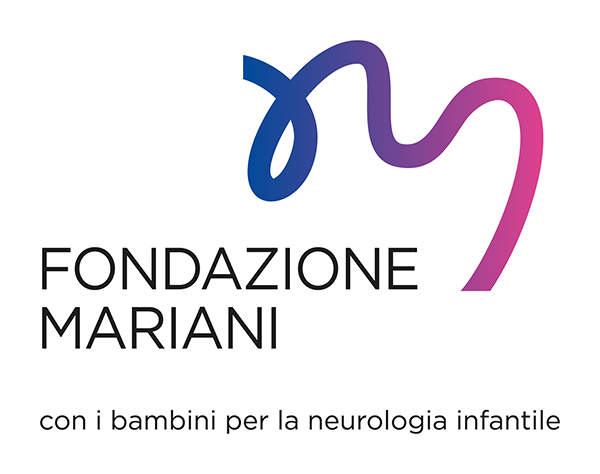Our commitment
Children’s futures
The future is already here and we are determined to do more: to expand our mission through new initiatives and projects. This is the best way to give continuity to what our founder, Luisa Mariani, started.
Today, the Mariani Foundation is working to broaden its range of action: to become a strategic partner in projects that make it possible to share knowledge and work tools, and develop networks. With one key purpose: to boost paediatric neurology, in the hope of improving the lives of children and their families.
We are committed to:
…strengthening the existing Mariani Foundation Centres and creating new ones, so as to go on increasing the support we give
…establishing professional development programmes aimed at young doctors in different branches of child neurology, so as to boost training opportunities
…expanding the Mariani Foundation Networks, supporting research and the virtuous exchange of knowledge between centres of excellence and peripheral centres throughout Italy.
The future? The Mariani Foundation Networks
The idea of supporting research became reality through the establishment of two centres.
The Mariani Foundation Centre for Paediatric Mitochondrial Disorders was set up in 2001 at the laboratories of the Neurological Institute “Carlo Besta” in Milan’s Bicocca District, and today it is recognised internationally as a cutting-edge institute for research, diagnosis and treatment in the field of mitochondrial disorders.
It was joined, in 2004, by the Paediatric Movement Analysis Lab – “Pierfranco and Luisa Mariani Foundation” (in Italian “LAMB”), based at the University of Milan, which provides assessment of children with motor disorders of neurological origin as well as counselling in this field. But the Mariani Foundation’s journey did not end there.
2021 saw the creation of five Mariani Foundation Networks, to develop multicentre registry platforms covering some of the main diseases of childhood. These networks are devoted to rare neurological diseases of childhood, cerebral palsy, prematurity, newborns-infants (0-5 months) at high risk of cerebral palsy, and visual function.
A centralised software platform will allow them to collect and share data and also create networks with other scientific centres, in accordance with an “open data-open science” vision.
Mariani Foundation Centres and Networks
To date, the Foundation has established five centres in its name, providing support and treatment in relation to childhood neurological disorders. Its ultimate aim, though, is to bring about, over time, the creation of an increasingly large network of centres acting as points of reference at national level.
The Mariani Foundation Centre for Rare Inborn Metabolic Disorders in Children was set up in 2004. Since then, four more have been established, dealing respectively with movement disorders, complex disabilities, rare genetic diseases and neuro-ophthalmology.
They are in addition to the Foundation’s research centres and networks.

